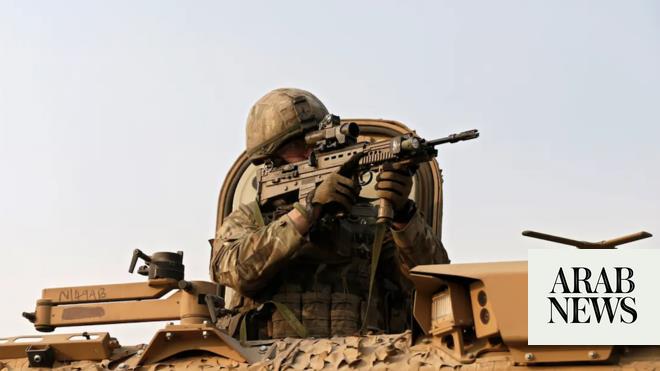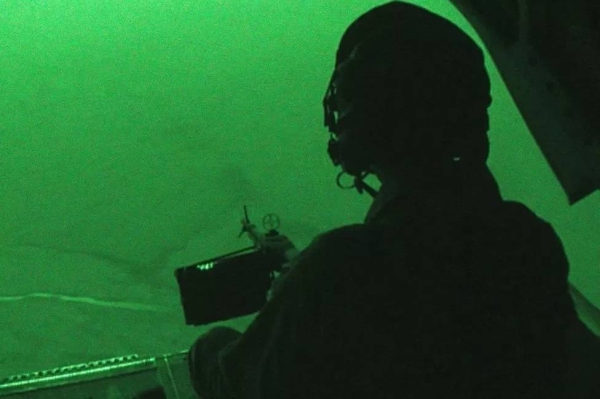
A former Canadian defence minister who disbanded his nation’s special forces regiment in the wake of a war crimes scandal similar to that now facing Australia says the drastic step was the only way to fix systemic cultural problems and repair reputational damage.
The parallels between Canada’s so-called Somalia affair and the allegations against Australian troops in Afghanistan are striking.
The Somalia affair involved soldiers from Canada’s elite Airborne Regiment, who were revealed to have tortured and killed a 16-year-old Somali boy, Shidane Arone, in 1993, during the United Nations peacekeeping mission in the war-torn nation.
The Canadian soldiers took horrific “trophy” photos posing with Arone, which sparked national outrage and shocked Canadians, and helped prompt a wide-ranging inquiry and the subsequent revelation of separate videos showing soldiers making racist comments and taking part in brutal hazing rituals.
Like the Brereton inquiry, Canada’s own war crimes probe found systemic cultural and organisational problems afflicted the Airborne Regiment.
David Collenette became Canada’s defence minister in 1993, replacing his conservative counterpart, as the nation continued to grapple with its response.
In 1995, after the emergence of the videos, Collenette decided to disband the Airborne Regiment, transferring its three parachute battalions into other regiments.
Such a move is not being contemplated by the Australian Defence Force or the Morrison government.
In an interview with the Guardian, Collenette explained that he had come to the conclusion that disbanding the regiment and starting from scratch was the only way to address the deep-seated problems that had led to the affair.
Collenette – who was at pains not to tell Australia what course it should take – said that in Canada’s case, the cultural problems were so great that repair or reform of the special forces regiment was not an option.
“I’m not saying that just because Canada did it, other countries have to follow our lead,” he said. “But if you’re looking at the experience that we had, where there were … war crimes that ended up in convictions, and that it revealed a systemic problem with the institution from which the individuals came, then it seemed reasonable that, if you didn’t think you could really change the culture, then you needed to take a fresh start, which is what we did and it’s actually worked out.”
The disbandment of the Airborne Regiment was complemented by a suite of organisational and cultural reforms, recommended by the inquiry, which helped modernise the Canadian military.
“In a way the military still had a mentality that had been shaped in two world wars and Korea, and the Cold War, and we didn’t seem to have adapted to the changing global focus of conflict,” Collenette said.
He said Canada’s approach – disbandment coupled with major organisational reform – has been “very successful”.
No Canadian government – conservative or liberal – has attempted to re-establish the Airborne in the 25 years since, and Canadian soldiers have been deployed to high-intensity theatres, including Afghanistan, without any further allegation of war crimes.
Collenette said the disbandment decision was simply the only option that he was left with.
“It was very shocking to, obviously, the senior members of the military, defence staff, and the chief of the army and others,” he said. “But frankly, I think there was a feeling within the armed forces that something drastic had to be done, because there was a taint on the entire institution, which was unfortunate because like Australia, we had a great record in peacekeeping, we’d fought in world wars, and we’d never had anything like this.”
But Collenette offered a note of optimism. The Somalia affair is widely considered one of the darkest chapters in Canadian military history and seriously damaged its reputation as a peacekeeping force.
“Even when things seem to be broken, if you will, or a real challenge, you can make changes and you can turn the ship around,” Collenette said. “We did that, and in our case we made a certain decision on the Airborne Regiment, and that seems to have been accepted and it’s 25 years after the fact.”












